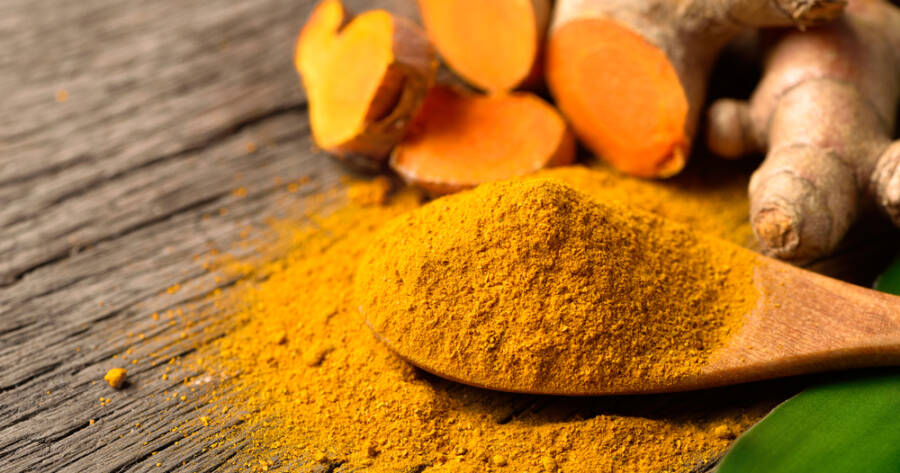Promote heart health with natural remedies. Discover affordable, effective, and easily accessible natural blood thinners.
By exploring natural blood thinners, you have the opportunity to take proactive measures in supporting and maintaining a healthy heart. Of course, it’s also important to consult with a doctor.
Harnessing Nature’s Power for Better Circulation
Nature has always been a rich source of remedies for various health conditions. When it comes to heart health, there are numerous natural substances that can help promote better circulation. These natural blood thinners can help prevent blood clots, reduce the risk of heart attack and stroke, and improve overall cardiovascular health.
Exploring Natural Blood Thinners
There are several natural substances that can act as blood thinners. These include turmeric, ginger, cinnamon, cayenne peppers, and vitamin E.1 These substances not only help thin the blood but also offer numerous other health benefits, from anti-inflammatory properties to improving overall cardiovascular health. It’s important to understand how each of these natural blood thinners works and the potential benefits they can offer.
Turmeric
Turmeric, a vibrant yellow spice, is renowned for its health benefits, especially in promoting heart health. The active compound in turmeric, curcumin, is believed to have blood-thinning properties.2 It potentially helps in preventing blood clots by improving the function of the endothelium, the lining of blood vessels. Additionally, its anti-inflammatory and antioxidant qualities may further contribute to cardiovascular health. It’s important to consult with a healthcare professional before adding it to your regimen, especially if you’re taking other medications.
Ginger
Ginger, a root known for its pungent and spicy flavor, is another natural substance with blood-thinning properties.3 It contains salicylate, an acid found in many plants, which is a natural anticoagulant. Ginger can aid in preventing blood clots and improving circulation. It can be consumed fresh, as a dried spice, or in the form of tea. Besides its potential to thin blood, ginger is also celebrated for its digestive and anti-nausea benefits. As with any natural supplement, it’s essential to consult a healthcare professional before using it, especially if you are on blood-thinning medication.
Cinnamon
Cinnamon, a commonly used spice, isn’t only known for its distinct flavor but also its medicinal properties. Studies suggest that cinnamon may help in reducing blood pressure and improving circulation, owing to its blood-thinning effects. However, it’s important to note that the coumarin found in certain types of cinnamon can be harmful in large amounts. Therefore, using Ceylon cinnamon, which has lower levels of coumarin, is generally recommended. Incorporating cinnamon into your diet can be a delightful way to potentially improve heart health. Of course, moderation is key.
Cayenne Peppers
Cayenne peppers are rich in capsaicin, the compound that gives them their hot taste. This compound is known to help reduce blood pressure and improve circulation. Capsaicin acts as a natural blood thinner by preventing platelet aggregation, which is the clumping together of blood cells that can lead to clots. Cayenne peppers can be consumed fresh, dried, or in powdered form, adding a spicy kick to meals while contributing to cardiovascular health. However, individuals with sensitive stomachs or those on certain medications should consult their healthcare provider before adding cayenne peppers to their diet.
Vitamin E
Vitamin E, a potent antioxidant, plays a crucial role in maintaining heart health. It has properties that can help in thinning the blood and preventing blood clots. This vitamin is found in various foods, including nuts, seeds, and green leafy vegetables. While Vitamin E supplements are also available, obtaining it through a balanced diet is often preferable. It’s important to maintain the right balance of Vitamin E, as excessively high doses can lead to adverse effects. Consulting with a healthcare professional can help determine the appropriate amount of Vitamin E for your dietary needs.
Why You Should Learn More About Natural Blood Thinners
Prescription blood thinners can be expensive and may come with side effects. Natural blood thinners, on the other hand, are affordable, easily accessible, and generally safe for most people. They can be incorporated into your diet or taken as supplements. Online research can help you learn more.
However, it’s important to note that while these natural substances can help promote heart health, they should not replace medical treatment. Always consult with a healthcare professional before starting any new health regimen. Start your journey towards better heart health by learning more about natural blood thinners. Begin your online search today to discover more about these effective, affordable, and easily accessible solutions.
